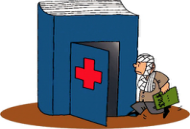(Ⅰ)General Safety Guidelines
1. Learn and follow all established laboratory regulations before entering. Strictly carry out all operation procedures and keep rec-ords where relevant.
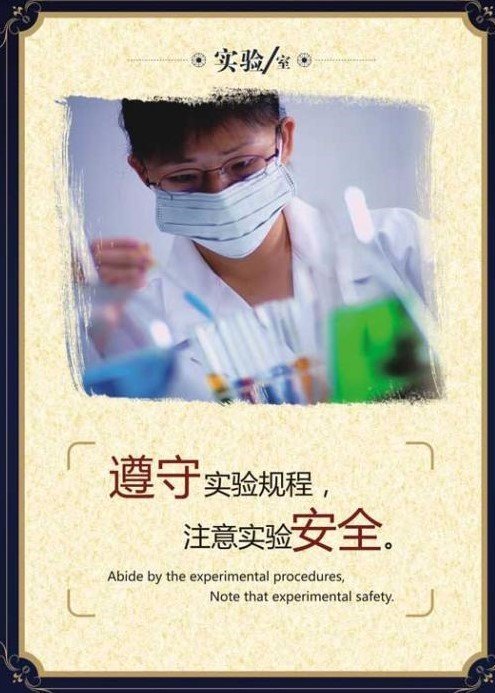
General Safety Guidelines
2. Ensure the visibility of the lab observation window. Post safety information placards at lab entrance and update them in time.
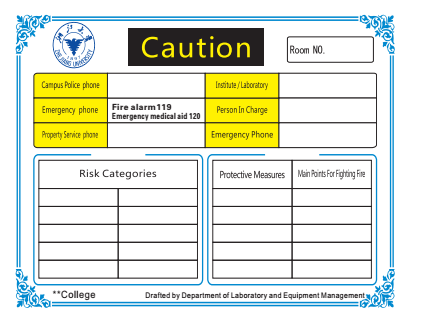
General Safety Guidelines
3. Keep the lab tidy and floors dry. Clean up waste material promptly. Keep evacuation routes free to enable easy access to power switches pr-otective equipment and fire-fighting apparatus.
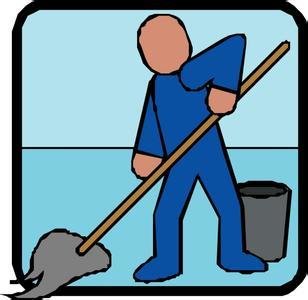
General Safety Guidelines
4. Never break away from the position in the process of ex-periment. There must be at least 2 people present during any dangerous experiments.
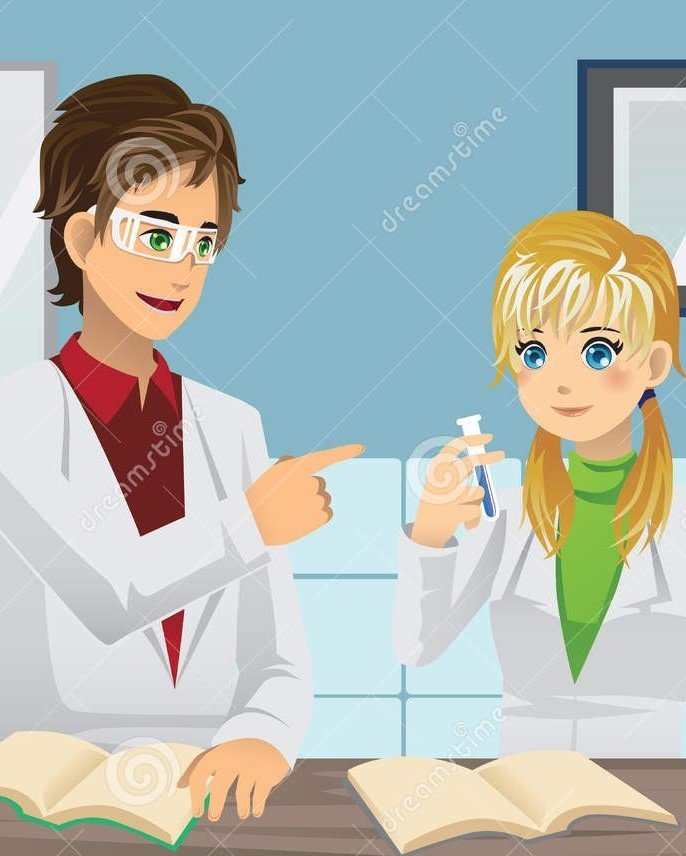
General Safety Guidelines
5. Before entering the lab, one should learn the underlying safety hazards and emergency measures, and adopt appropriate safety precautionary meas- ures.
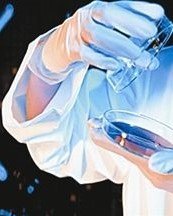
General Safety Guidelines
6. Lab personnel should choose the personal protective equipment appropri- ately according to compatibility and operational requirements. Ensure pro- per application, validity and integrity before using; learn about proper usa- ge and maintenance.
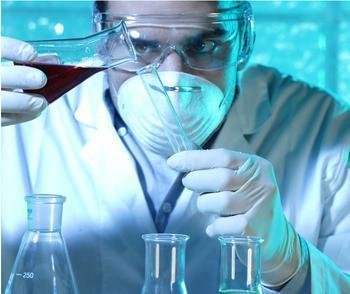
General Safety Guidelines
7. Smoking, eating, sleeping and lighting mosquito-repellent incense are for- bidden in lab. Heating equipments including electrical oil heaters and elec- tric radiators are not permitted to use. Do not place irrelevant items in lab. Do not engage in horseplay in lab.
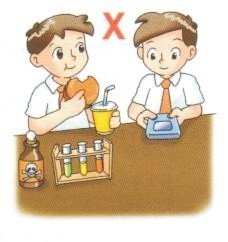
General Safety Guidelines
8. For special positions or assignments and operation of special apparatus, one should receive proper training and obtain the necessary licenses or permits before working.

General Safety Guidelines
9. Clean up immediately after all experiments. Lock door whenever leaving the lab, even temporarily. The last one to leave the lab should turn off the water, electricity and gas, close the windows and doors.

General Safety Guidelines
1 0. Apparatus should not be left on overnight. If it is necessary to do so, prec-autionary measures should be taken. Air conditioners, computers and wa-ter dispensers should not work overnight.
1 1. In non-experimental areas (like elevators, offices, lounges and meeting ro-oms, etc.), one should not wear protective articles such as lab coats or gl-oves.
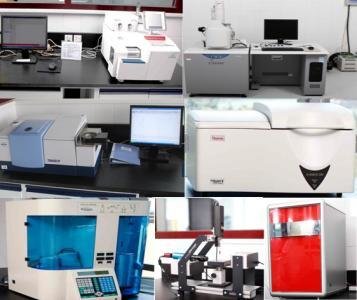
General Safety Guidelines
12.Do not wear contact lenses in a chemistry lab or in a high temperature en-vironment.
13.Familiarize yourself with the emergency equipment within lab or in the surrounding areas, and be able to use them correctly.
14.When handling lab safety incidents, assess calmly, act timely, manage ef-fectively, report it to supervisors and others, evacuate promptly when thin-gs get out of control, look after each other, and ensure everyone’s safety.

General Safety Guidelines
1 5. Stop experiments once hazardous conditions are detected. Take corresp-onding measures promptly to eliminate them. Do not take any risks.
1 6. If you catch on fire or are contaminated with chemicals, promptly use pro-per facilities like emergency shower right away.
General Safety Guidelines
